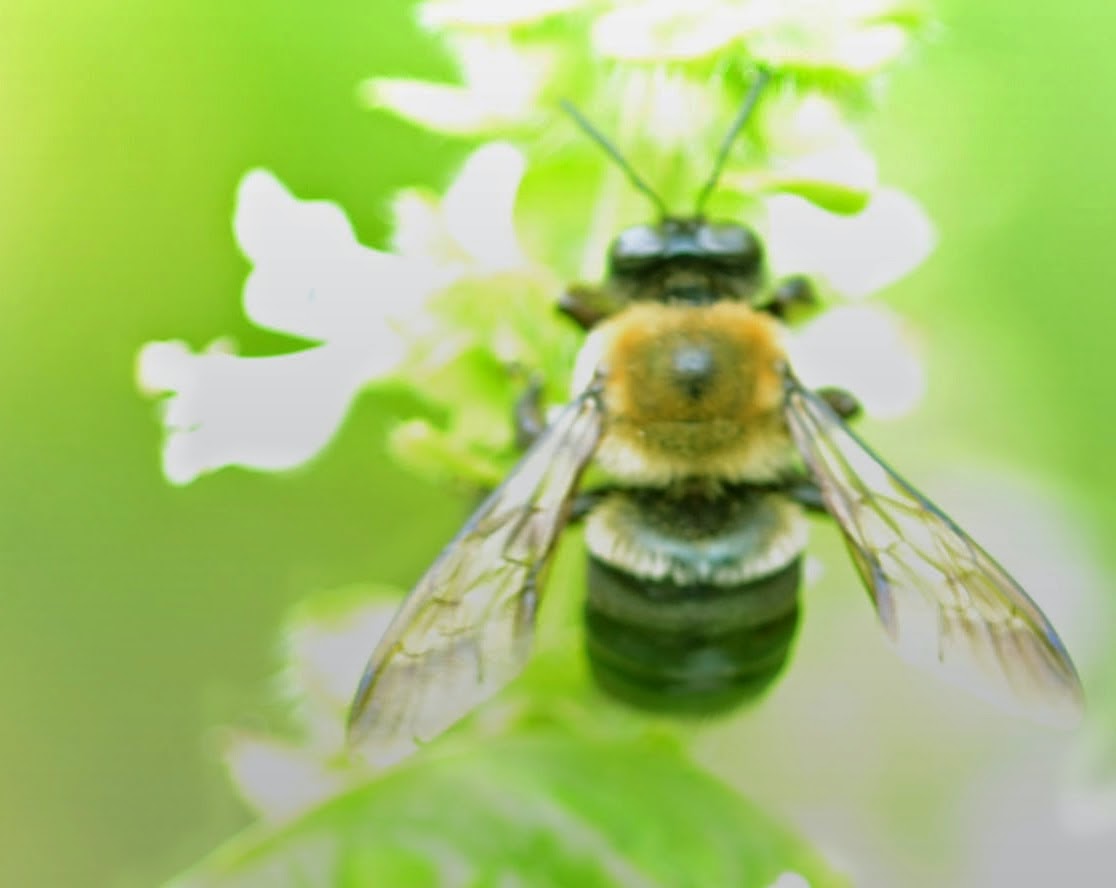SOIL+
WATER plus ATTENTION = HERBS
Getting Them Started in the Greenhouse
SOIL: Culinary herbs that
we grow locally are rumored to do well in poor soil. This is a myth; herbs need
nutrients to develop flavor and grow the cells that provide aroma and flavor (volatile
oils), which comes from soil and sun. There are 17 types of soil in NJ; we will worry about that when we go outdoors. For germination indoors, we use a
sterile medium to give the plant a head start.
 |
| Not for a while |
STARTING FROM SEEDS: Some
prepare a seed flat with soil and a lining of porous paper, such as newspaper,
to keep the soil in the flat. Make sure not to dig them into an early grave!
Plant a seed in a hole to a depth of 2-3 times the thickness of the seed. (experts
vary.) Although the seed will huddle in the dark until it is ready, it will
assert itself and break through the soil. Small seeds, such as Basil, Oregano, and
Thyme can be placed on top of the soil and gently pressed into the soil, no
layer on top. You can cover a seeded flat with plastic and place them away from
light to germinate---the plant does not need light until it pushes forth. Then they
need to develop that critical chlorophyll to absorb nutrition from the light
(photosynthesis).
STARTING FROM CUTTINGS:
When propagating Scented Rose Geraniums, use a sharp knife to make the diagonal
cut on a tip stem, leaving 2 leaves. Do not enhance it with root hormone; there
are chemicals in the cells that promote rooting. When there are two leaves on
the stem of any seedling, separate the plantlets and place into small pots. You
have a short window on plant health—they may overcrowd, and their root systems
will entangle.
FERTILIZER: Another
myth is that herbs do not need fertilizer. They will "make it", maybe,
but why grow malnourished plants? Since the plants are in an enclosed space
rather than outdoors, pay close attention to the dosage used.
WATER: When the plants
are on a heated pad, you must watch the water moisture due to dryness; the
seeds will dry out. If the plants are in a plastic wrapped flat, over moisture
may cause seed rot. Think here of Goldilocks and the porridge that is “just
right”. Some herbs are moistened by the random splashing of ocean spray. With
the name, Rosemary, (ros= " dew” ,marinus=
sea"), one would naturally infer that Rosemary can do well with only some
spritzing and spare watering. Check the nature of the plant you tend.
NOW WHAT? Pay
attention to the plant: water, feed, trim and have a good beginning to summer
planting. It is not much different when
summer comes and these plants are outdoors.
But that is another
story.
